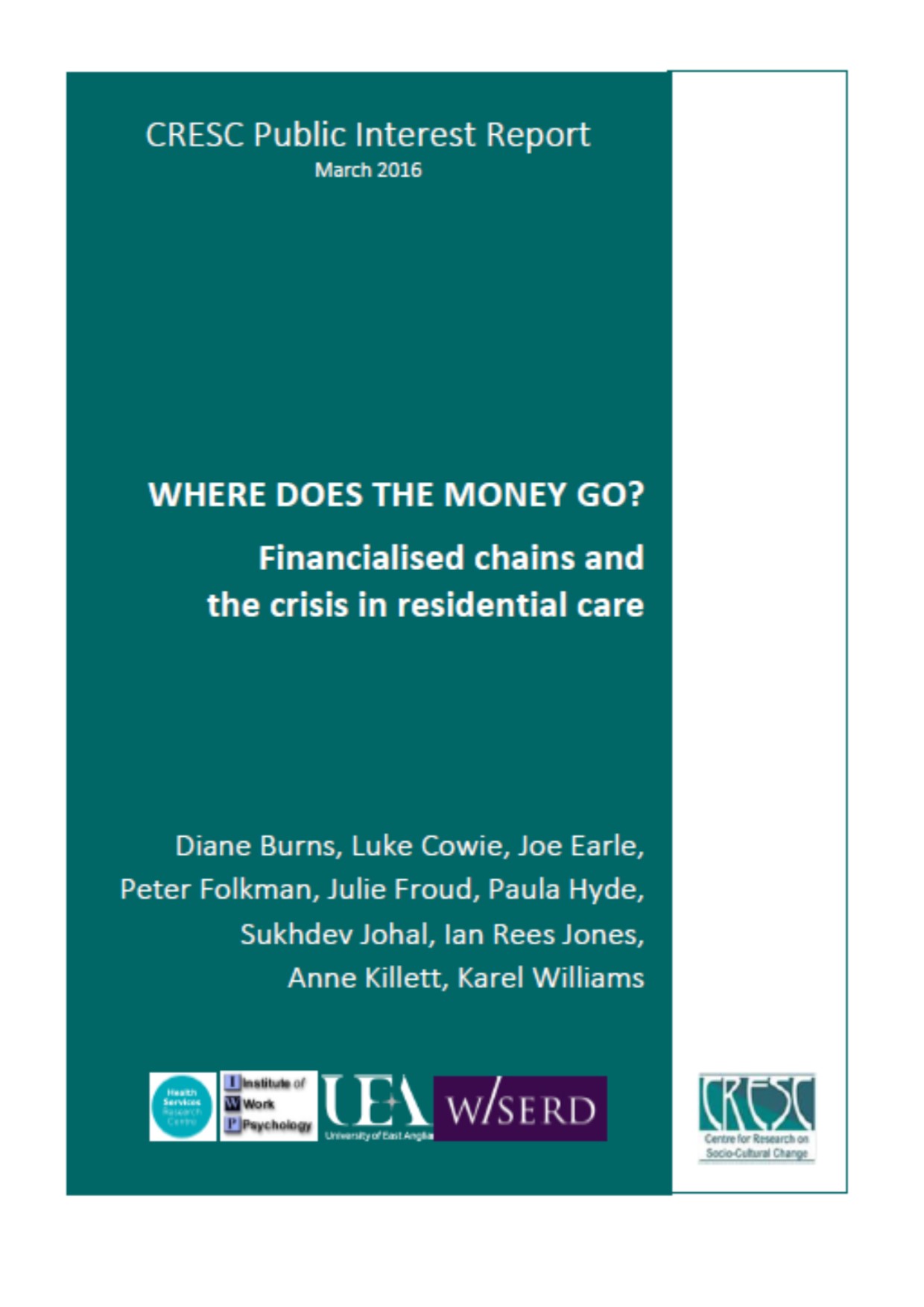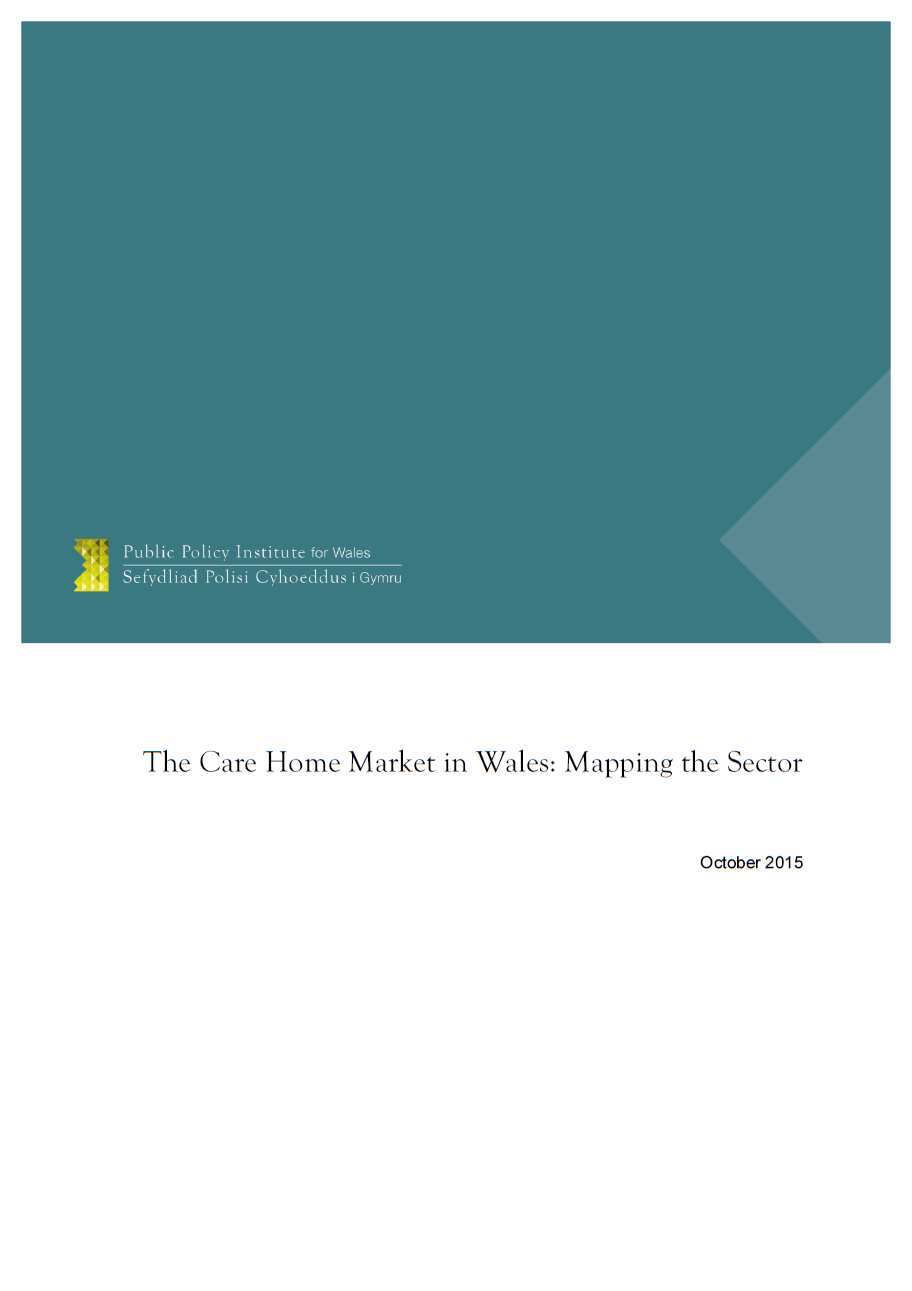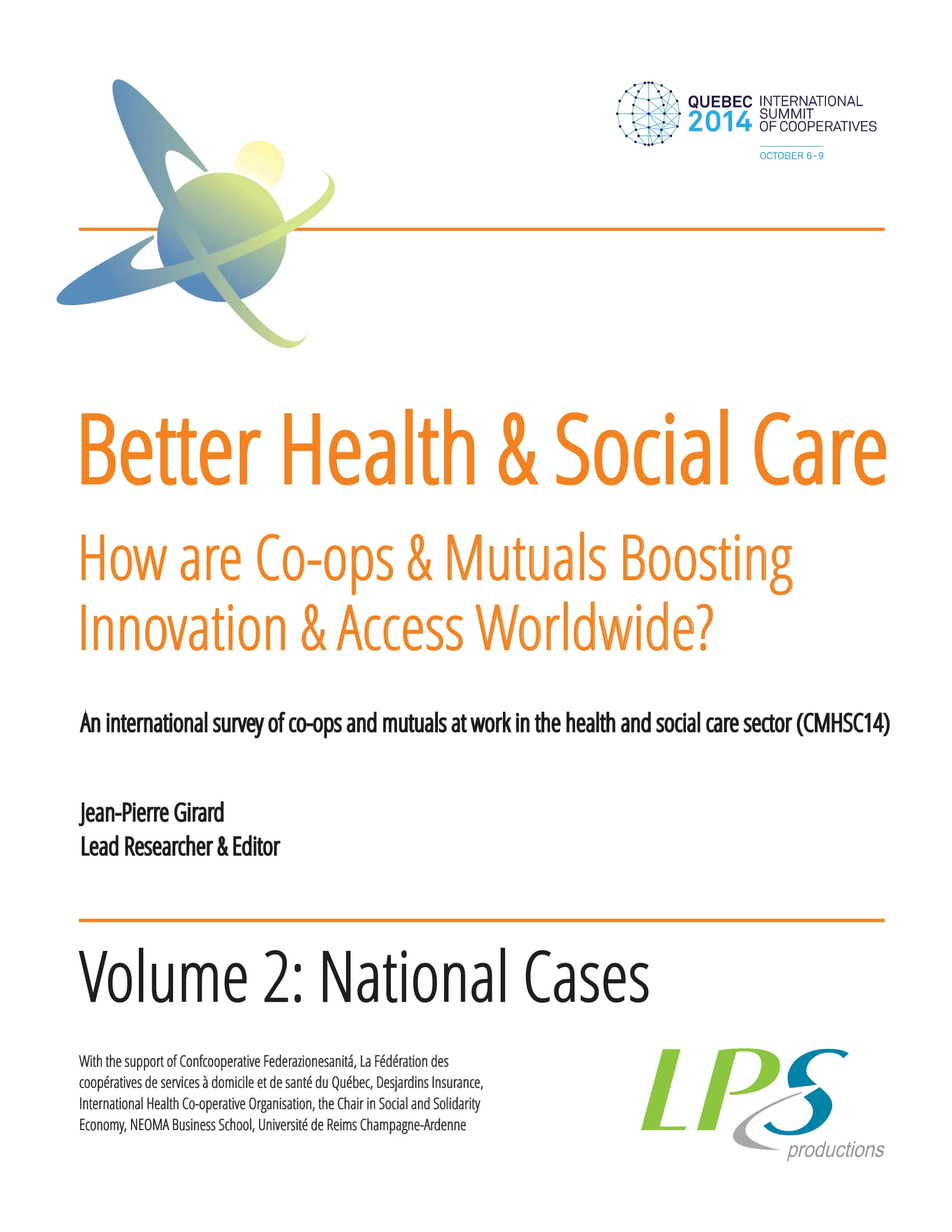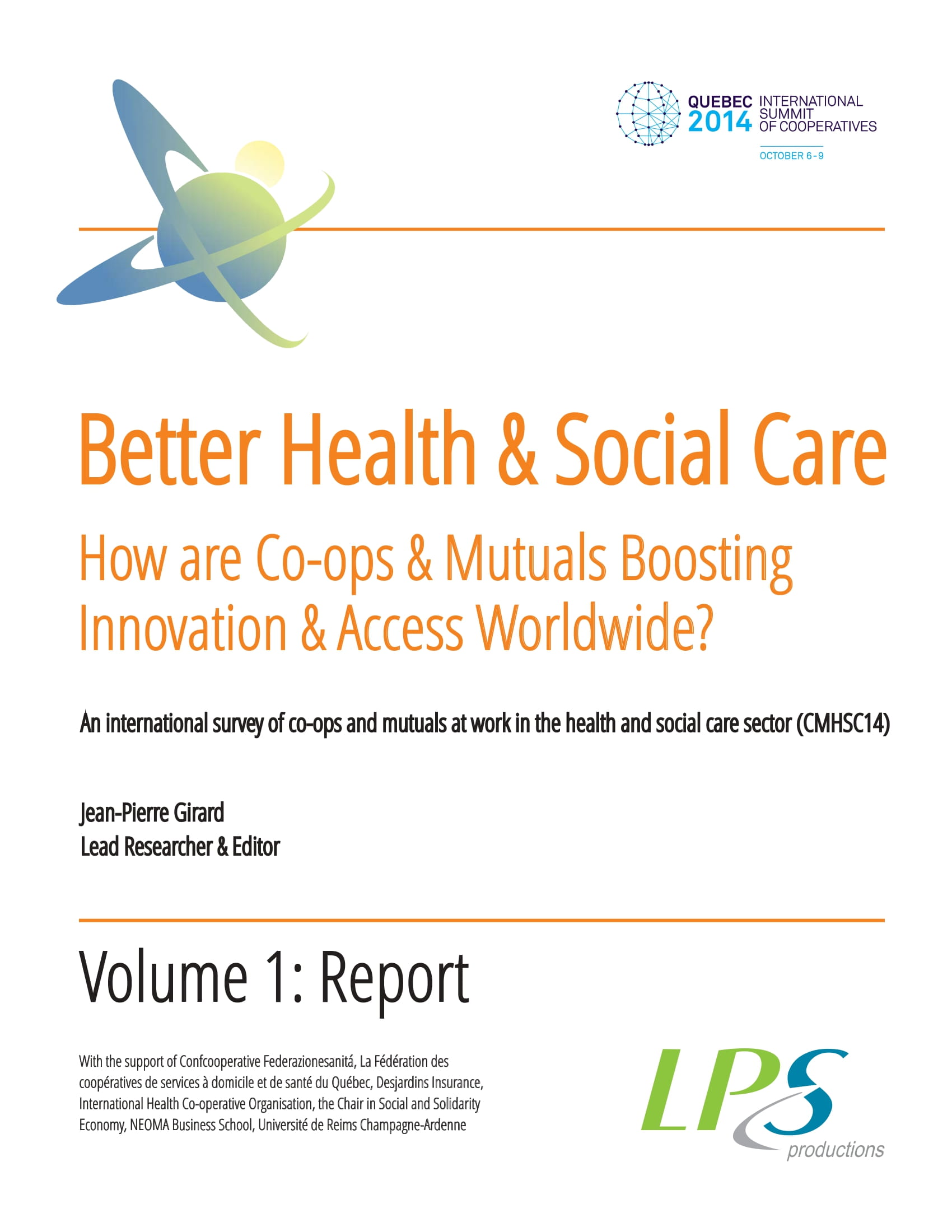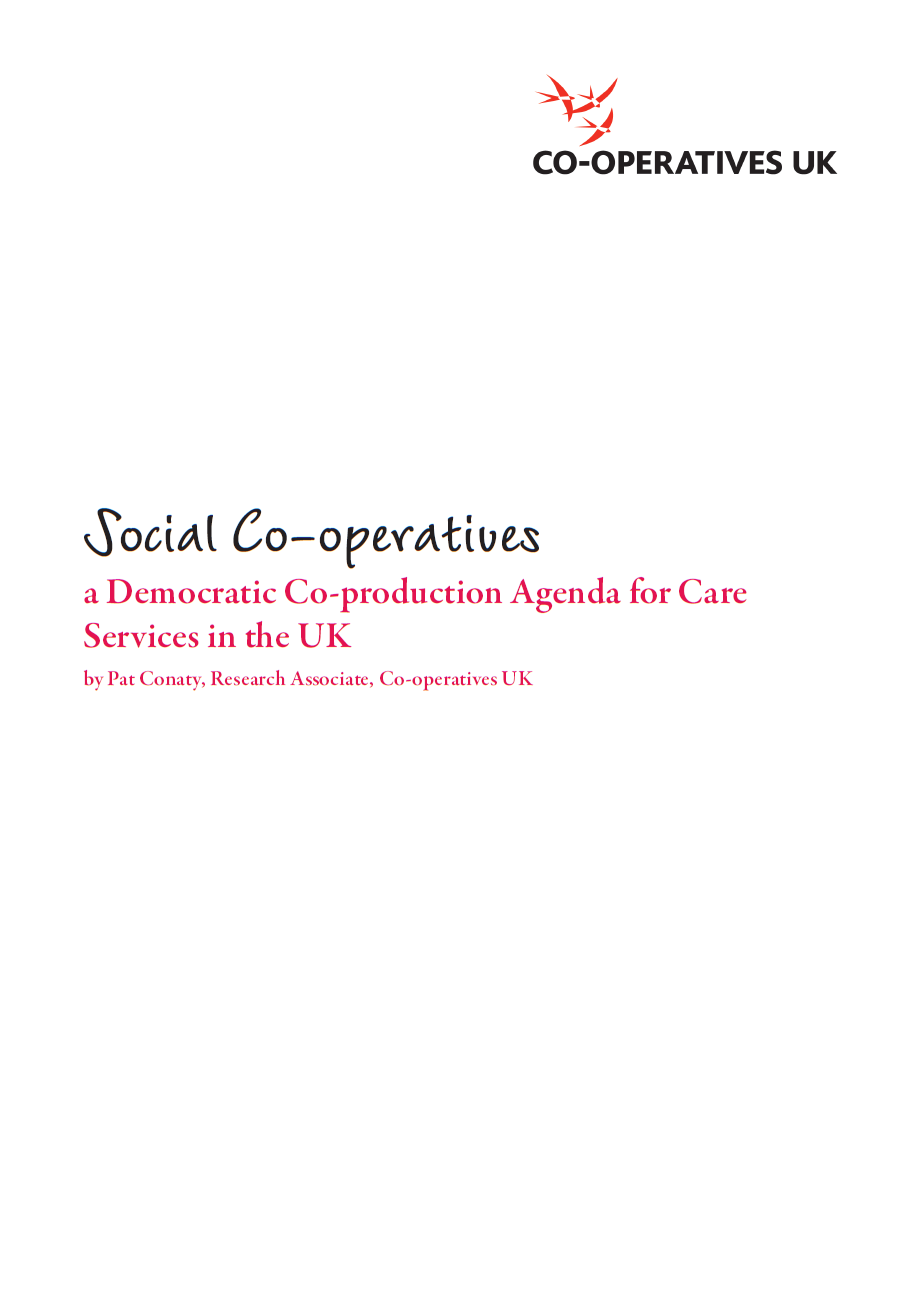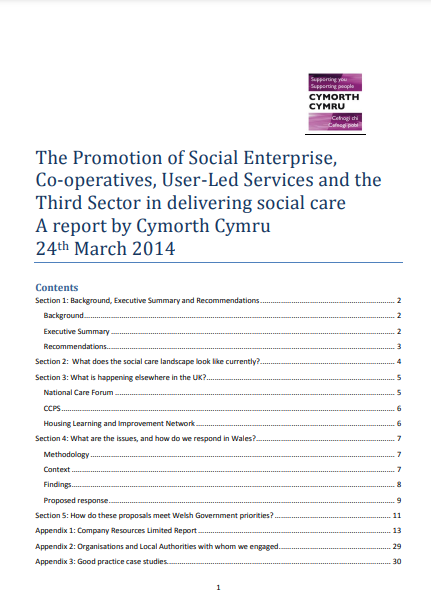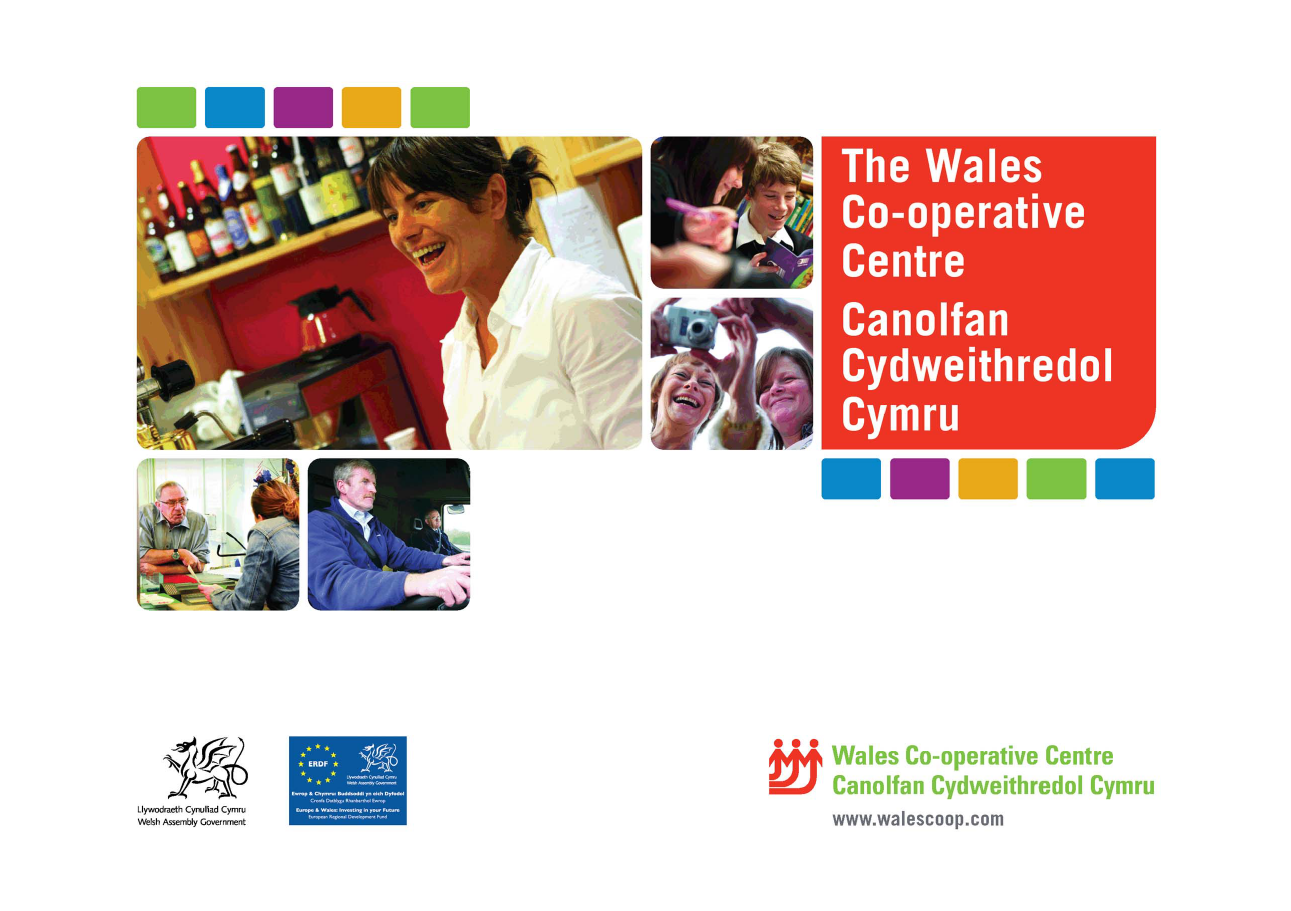Mae'r cynnwys hwn ar gael yn Saesneg yn unig.
Overview
Working in partnership across Bangor, Cardiff and Swansea Universities and funded by the NISCHR, the All Wales Academic Social Care Research Collaboration (ASCC) sought to strengthen the capacity of HEIs and their partner agencies to deliver on an agreed and prioritised research agenda to respond to national and local needs.
The three regional teams contributed to the following work framework:
- Development and exploitation of national datasets (Bangor)
- Increasing capacity and research skills in the workforce (Cardiff)
- Promotion of evidence based practice (Swansea)
Each regional team piloted and evaluated a different model over a three-year period, aiming to identify and establish effective approaches to increasing the quantity and quality of social care R&D in Wales.
Cardiff: Social Care and Social Work Research Skills Capacity Building, the WISERD E-learning Initiative
- One of the three models was to develop a WISERD e-learning initiative to raise the research skills of service providers across Wales.
- A Research Development Fellow (RDF) funded by NISCHR and based and supervised at WISERD Cardiff would develop the e-learning project, working in conjunction with the WISERD TCB team and local partners to develop a training website.
- The website could be accessed by trainees both as a means of distance learning and also as a resource to assist in specialist courses that may assume some brief (e.g. 1 or 2 days) attendance at WISERD.
Adult Social Care and the Foundational Economy
The research project examined provision and delivery of adult social care by means of social licencing, social enterprises, co-operatives and not for profit organisations. The project was rooted in the arguments for a ‘Foundational Economy’ (Bentham et al 2013; Law and Williams 2014) and involved collaboration with colleagues in Manchester, Durham and Queen Mary University. This project adopted multi-method approaches within a case study framework (Yin 2014). A range of methods were be employed including reviews of the literature, interviews with key stakeholders, analysis of routine data and geo-spatial data, economic and organisational modelling and comparative policy research. The project built on the skills and knowledge available from a multi-disciplinary steering group. In addition, through collaboration, it aimed to establish a lasting and unique network of researchers, policy actors and practitioners working in the field. The aim was to undertake:
- comparative policy research on not-for profit social care provision in the UK and in other countries (examples might include Emilia Romagna; British Columbia; Basque Region; Barcelona).
- describe the current extent of not-for profit sector provision in Wales and where possible compare with levels in other regions of the UK and Europe;
- analyse the standard UK adult social care agency business models and its consequences for the extent and quality of care and for employment conditions (including pay and hours);
- collate evidence on the potential benefits of a foundational economy approach in terms of changes to work and organisational aspects of home care;
- undertake a case study in Wales (with a potential comparative case study in Enfield) to assess and identify mechanisms and policy interventions that enable Local Authorities to shift towards not-for-profit provision.
Presentations
Transforming Social Services in Wales: Role of Alternative Business Models – Heulwen Blackmore, Welsh Government
A Review of the Evidence on Models of Social Enterprise in the Provision of Adult Social Care in the UK, Europe and USA – Luke Cowie, WISERD, Cardiff University
A Pragmatic Approach to Public Services Reform – San Leonard, Social Firms Wales
A Right to Request: Can Wales learn from Social Enterprise Spinouts in the English NHS? – Ross Millar, Kelly Hall and Robin Miller, University of Birmingham






